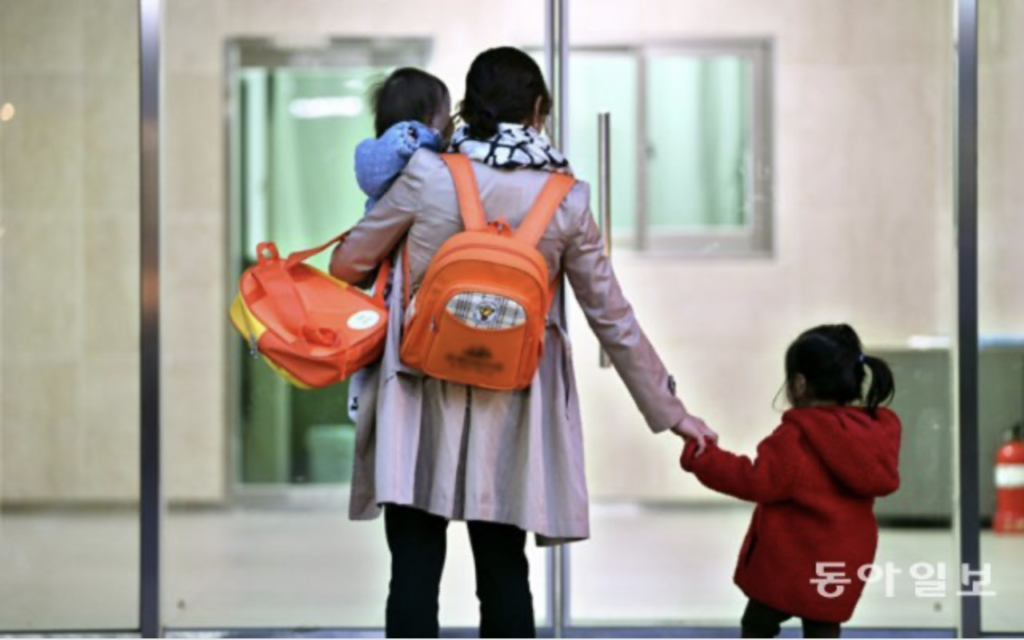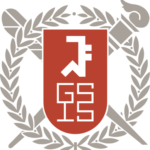The Care Economy in Korea: Beyond COVID-19 and Towards a Sustainable Caring Society
The Care Economy in Korea: Beyond COVID-19 and Towards a Sustainable Caring Society
On June 2nd-4th, the 2021 International Care Policy Conference ["The Care Economy in Korea: Beyond COVID-19 and Towards a Sustainable Caring Society"] was hosted by the Center for Transnational Migration and Social Inclusion (CTMS) of Seoul National University , with the support of Open Society Foundations, Care Work and the Economy from American University and The Population Association of Korea in Seoul, South Korea.
The objectives of the conference were:
- To provide a platform for discussion about the ways in which policies and practices care economy can be created and recognized as a prime component for economic growth.
- To review and learn from innovative and groundbreaking research on care economy to become equipped with this knowledge and generate ideas for the next steps.
The conference brought together over 600 participants from all around the world, representing government agencies, civil society, academia, the private sector, World Bank, UN Women and the Asian Development Bank (ADB). The conference served as a platform for sharing experiences of care economy at different levels, from high-level political debates to academia and civil society. Government representatives, members of academia, private corporations and multilateral institutions presented examples of good practice and lessons learned on care economy and economic growth. The main outcome of the conference was a “joint call for action”, which covers the main recommendations emerging from presentations, and discussions.
Lastly, on the last day of the event (June 4th), a workshop was held to showcase the work of upcoming researchers in the field of care, where scholars from home and abroad listened to and provided feedback on the research presentations of master's and doctoral students.
CONFERENCE REPORTS/BRIEFS
POLICY BRIEFS
Policy Recommendations for a High Road to Care in Korea
Young Ock Kim, Korean Women’s Development Institute
Impacts of COVID-19 on Work-Family Balance in South Korea
Ito Peng, University of Toronto
Jiweon Jun, Seoul National University
The Effects of Public Social Infrastructure and Gender Equality on Output and Employment: The Case of South Korea
Cem Oyvat, University of Greenwich
Özlem Onaran, University of Greenwich
FROM THE PRESS

FEATURED ARTICLE - Joongang Daily
20% of working moms resigned after COVID-19... Half of them said, "I have no one to look after my children."
Low Birth Rate is a warning to Korea "The economy will stop without investment in care".
If women join the military, will the gender gap be resolved? A world-renown feminist responds









